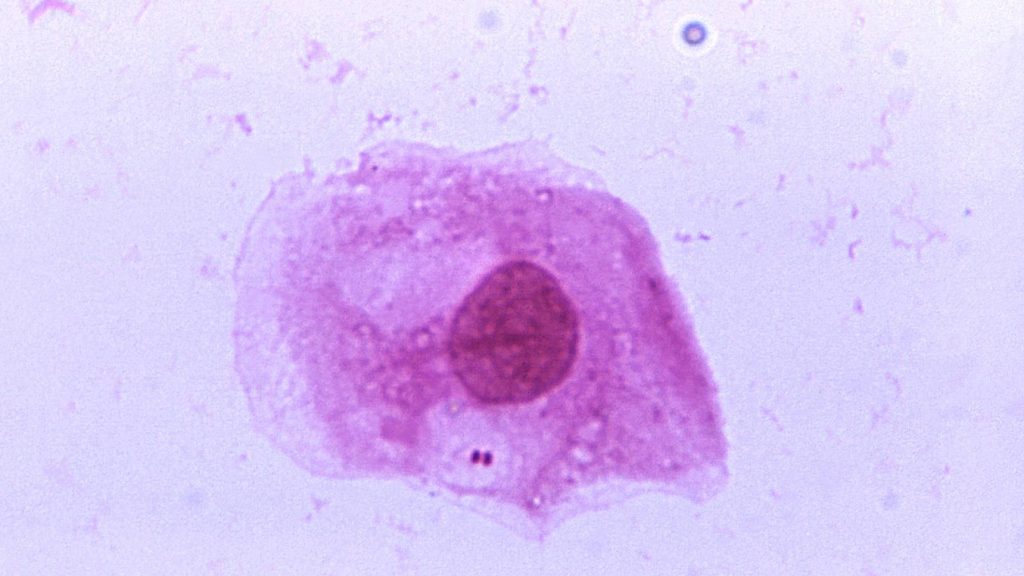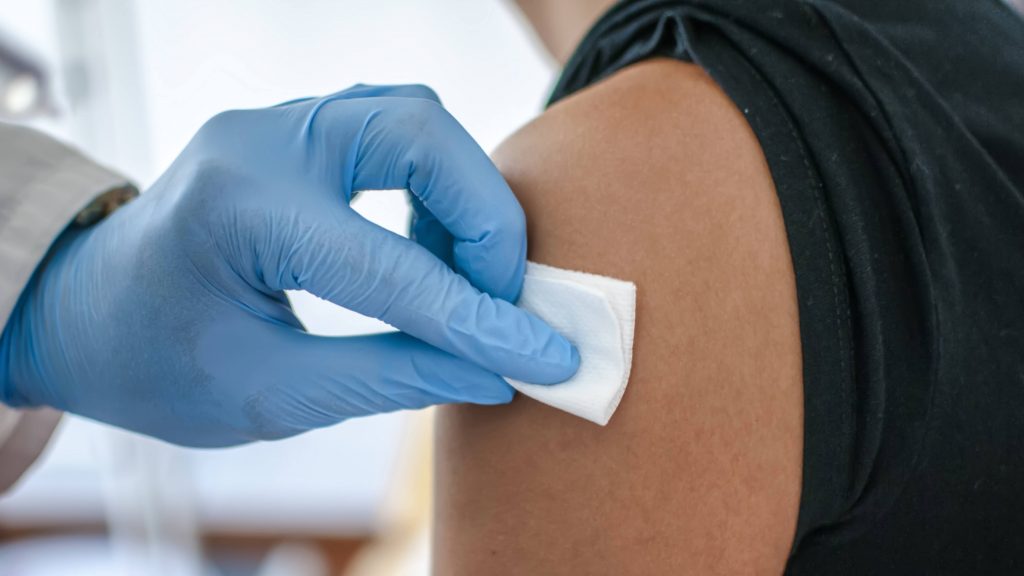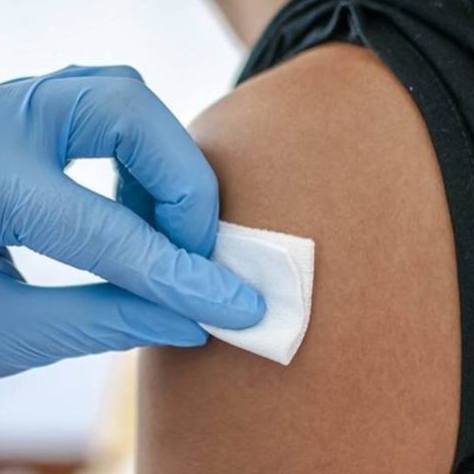-
Infectious Diseases
Meningococcal disease on the rise in the US

A rise in invasive serogroup Y meningococcal disease has prompted the Centers for Disease Control and Prevention (CDC) to issue a health advisory for healthcare providers.
"Meningococcal disease is a bacterial infection caused by Neisseria meningitidis. About 1 in 10 people are natural carriers of the bacteria, and it can spread to others by sharing respiratory secretions," says Dr. Matthew Binnicker, director of the Clinical Virology Laboratory at Mayo Clinic.
Serogroups B, C and Y cause most diseases in the U.S., with much of the recent rise in infection driven by serogroup Y. Anyone can become infected with the bacteria; however, young children, teenagers, people over 65, and anyone with HIV or immune deficiencies tend to have the highest rates of meningococcal disease.
Watch: Dr. Matthew Binnicker discusses meningococcal disease
Journalists: Broadcast-quality sound bites are available in the downloads at the bottom of the posts. Name super/CG: Matthew Binnicker, Ph.D./Laboratory Medicine and Pathology/Mayo Clinic
Dr. Binnicker says not everyone who becomes infected will develop meningitis, but for those who do, it can be severe. He says it's important that the public is aware of the disease and how to avoid serious illness.
Preventing meningococcal disease
"There are preventive steps in terms of meningococcal vaccines that are available that can help prevent the incidence of disease," says Dr. Binnicker. He says it is important that people are current on their vaccinations.

The CDC recommends all 11- to 12-year-olds get vaccinated with a booster dose at age 16. A meningococcal conjugate vaccine booster is also recommended for those at high risk of infection. Talk with your healthcare team to find out if you and your family are up to date on vaccinations.
Meningococcal disease can present in two forms: meningitis and a bloodstream infection.
Meningitis symptoms:
- Fever
- Headache
- Stiff neck
- Nausea and/or vomiting
- Sensitivity to light
- Confusion
Bloodstream infection symptoms:
- Fever
- Chills
- Fatigue
- Vomiting
- Cold extremities
- Severe body aches
- Late-stage purple rash
Seek medical attention if you or a family member develop symptoms.
The disease can be difficult to diagnose. If suspected, a blood sample or cerebrospinal fluid sample will be taken and sent to a laboratory, such as Mayo Clinic Laboratories, for testing.
Treatment may include antibiotics and support for any complications.
Related Articles







